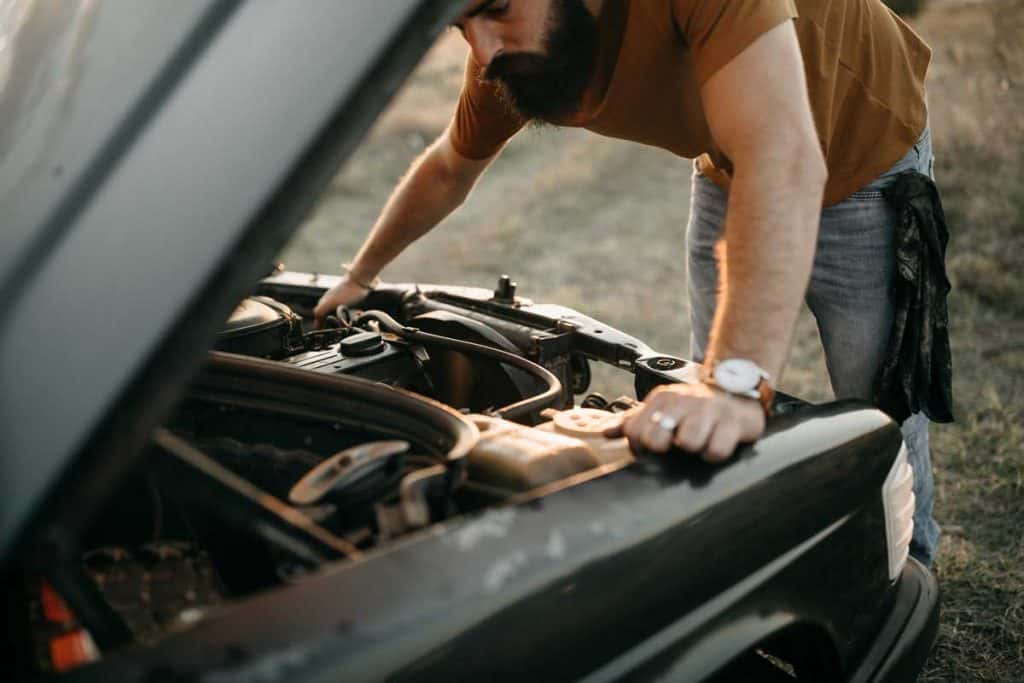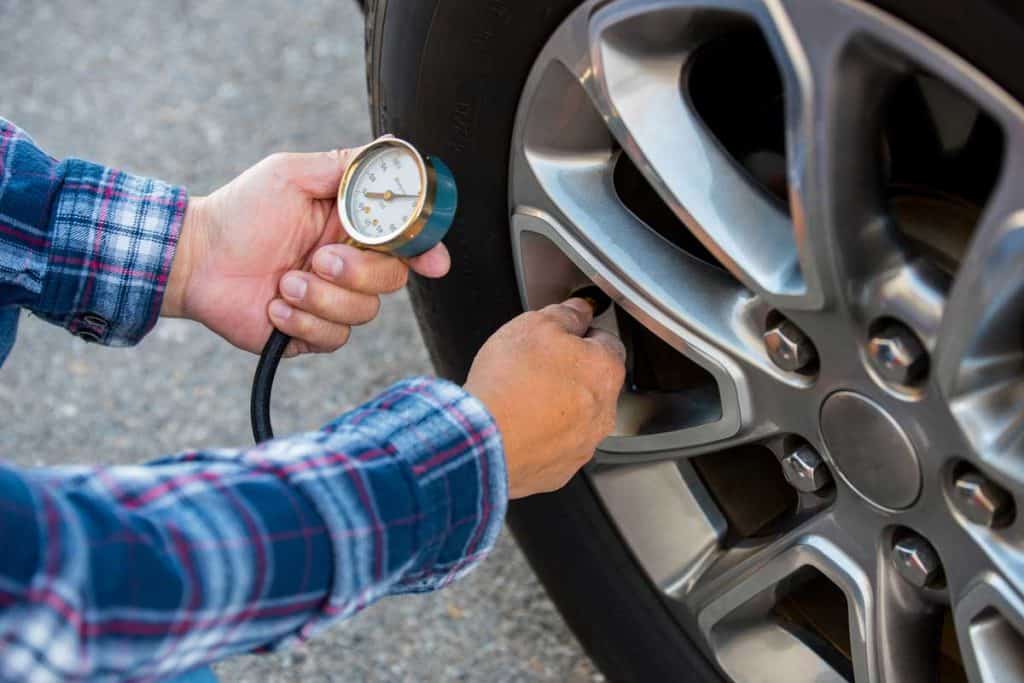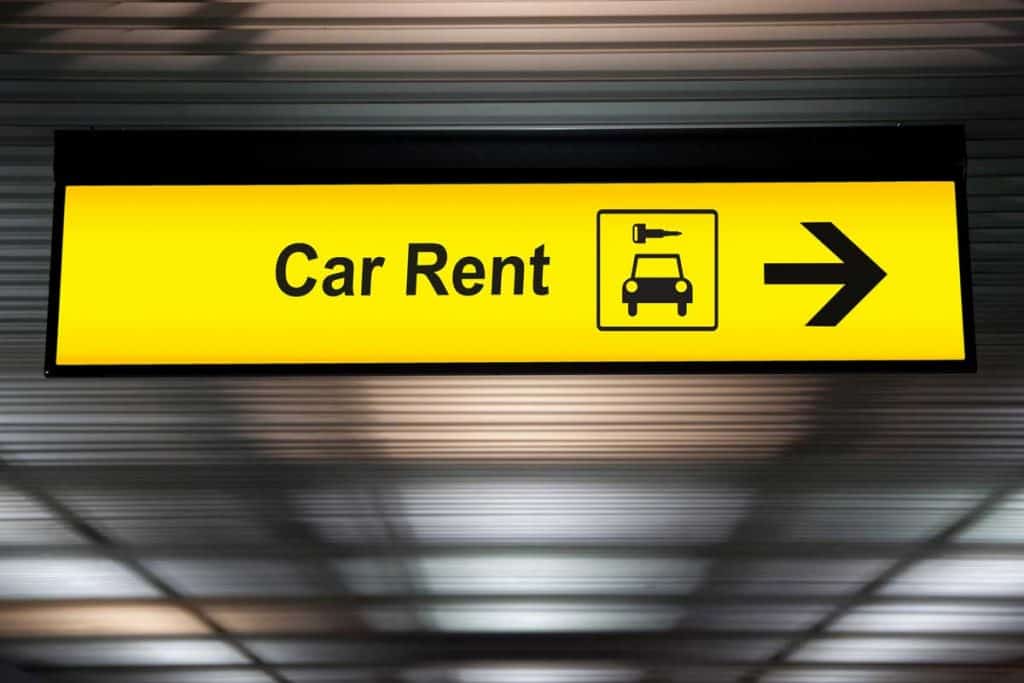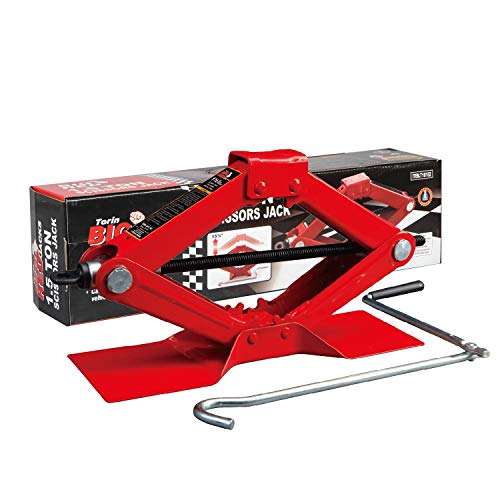 When you’re preparing for a road trip, it’s common to wonder whether your car is in good enough shape to get you there and back. But there are many factors at play that determine whether your vehicle is reliable enough to get the job done. Here we’ll look at how to decide whether your car is safe enough for a road trip, plus how you can prepare.
When you’re preparing for a road trip, it’s common to wonder whether your car is in good enough shape to get you there and back. But there are many factors at play that determine whether your vehicle is reliable enough to get the job done. Here we’ll look at how to decide whether your car is safe enough for a road trip, plus how you can prepare.
Your car is likely good enough for a road trip if:
- You’ve regularly maintained it
- There aren’t any glaring issues, like the check engine light staying on or weird noises under the hood
- It doesn’t have too many miles
- Weather conditions aren’t too extreme or unpredictable
In short, a regularly maintained vehicle that runs well and doesn’t have a crazy number of miles is probably decent enough for a road trip. But your destination and the trip length are also crucial considerations.
We know those are quite a few factors to think about. Plus, every vehicle is different. But don’t worry—we’ll share with you how to figure out whether your ride is ready for your next big road trip.
Is My Car Too Old For a Road Trip?

The age of your vehicle likely won’t impact your road trip as much as its current condition. Overall, you can expect to get about 200,000 miles—or more—out of the average car. With consistent maintenance, you can easily surpass 200k.
The key here, however, is consistent maintenance. If your vehicle is limping along at 100,000 miles because you skip oil changes and don’t rotate the tires, you likely aren’t ready for a road trip just yet. Taking care of the basics is an essential pre-trip step, no matter how old the car.
However, if your vehicle is older—say, 20 years or beyond—it’s possible that the car won’t last much longer anyway. Problems like trouble starting up when it’s cold outside, overheating under normal driving conditions, and fluid leaks are issues you don’t want to deal with while on a road trip. You’re more likely to experience those challenges with a vehicle that’s past its prime.
Can My Car Handle Long Distances?

The question of whether your car can handle long distances depends on how reliable you’ve found it over the years. Plus, you should also note its current condition.
A pickup that tends to overheat during a 20-minute commute is not ideal for a road trip spanning hundreds of miles.
An SUV that frequently leaks oil could toast the engine while you’re on a long stretch of highway with no place to pull over and top off.
And worst of all, a vehicle that often overheats—perhaps requiring water in the radiator—could die on you in warmer weather, especially.
As for existing issues, if your check engine light frequently comes on, or another sensor always goes off, your car may not serve you well on a road trip.
How Do I Prepare My Car for a Road Trip?

Even with daily driving, you should check your vehicle’s systems regularly. Visually checking all four tires before getting in each morning ensures that you don’t drive on a flat. Checking the oil about once a month keeps you from getting too low before your next scheduled oil change.
And topping off things like coolant plus transmission, brake, windshield washer, and power steering fluid keeps everything performing correctly.
But in addition to those typical maintenance tasks, pre-trip car prep should also involve a few more steps. Here’s what you should look at before leaving on your trip.
Spare Tire & Equipment
Check that you have a spare tire and that it has enough air. Ensure that you have a jack and tire changing equipment. Click here to see the Torin Big Red Scissor Jack on Amazon.
Consider Fire Safety
Secure a fire extinguisher somewhere on board in case of emergencies. Click here to see the First Alert Car Fire Extinguisher on Amazon.
Also, keep water on hand—both for you and your passengers and your vehicle, just in case.
Invest in a Roadside Safety & Repair Kit
Invest in a roadside safety kit with items like flares, essential tools, jumper cables, a tow strap, and other helpful equipment. Click here to see the First Secure Emergency Kit on Amazon.
Consider keeping an empty gas can handy, too—don’t fill it beforehand as that can pose a hazard to you and the vehicle’s other occupants.
Buy or replenish a replacement fuse kit. Consider adding headlight and taillight bulbs to your kit, too, just in case.
Remember Insurance Coverage
Insurance coverage is another often overlooked aspect of road tripping. If your vehicle breaks down mid-excursion, does your insurance cover roadside service? Even if they do, you may have to pay for towing service beyond a set number of miles.
Contact your insurance company or read through your policy details to see what services are available in case of an emergency. Think about adding additional travel insurance or bumping your coverage up for better roadside assistance, towing, and other offerings in advance of your trip.
Should I Have My Car Checked Out Before a Road Trip?
For most drivers, looking over their tires and fluid levels is enough before embarking on a road trip. But if it’s been a while since your car’s last mechanic visit, now would be an ideal time to have everything checked over.
Plus, if you plan to put hundreds (or more) of miles on your vehicle during the trip, scheduling a tire rotation before you leave can help with uneven wear. Similarly, checking the brakes—or having the pads replaced—can also help prevent emergencies on the road.
Should I Rent a Car for a Road Trip?

Renting a car can be a significant expense on your road trip budget. But if your current vehicle is unreliable or has low fuel efficiency, a rental might be a smart choice. Many car rental companies offer roadside assistance and other services for their rental customers, too.
However, many rentals have strict mileage rules, and you might wind up paying per mile if you exceed those limits. The company may also limit your ability to cross state lines—something you need to consider before plotting your trip on the map. Read the rental agreement carefully before signing—and take note of special rules like needing to refill the gas tank before you bring the car back to the rental lot.
Vehicle rental companies also tend to offer specialized insurance coverage while you’re borrowing their property. But instead of paying for that coverage, you can contact your insurance company to see if they cover rentals. This step can save you money when it comes to the bottom line on the rental cost.
When your vehicle doesn’t have the right equipment for the weather, you should also consider alternative plans.
For example, if you’re traveling in winter and expect snow or ice at your destination (or along the way), a four-door sedan is not ideal for safety. In contrast, a four-wheel-drive SUV from the rental agency is better equipped to handle ice and snow conditions.
Is a Long Trip Bad for My Car?
Putting miles on your car isn’t inherently bad for it. What is tough on vehicles is constant stop-and-go driving.
Constantly driving in traffic or areas with lots of signal lights can mean more wear and tear on your tires and brakes. Speeding up and slowing down a lot is also bad for fuel efficiency—you use less gas cruising at steady speeds.
Excess idling is another threat—it wastes up to a half-gallon of gas per hour. Because restarting your car takes about 10 seconds’ worth of fuel, it’s a good idea to shut down your engine when waiting in traffic for long periods. In short, longer trips are preferable for your automobile and its equipment.
Once you feel confident that your vehicle is in good shape for travel, nothing is stopping you from enjoying an epic road trip. And with regular maintenance, plus some smart pre-trip prep, your car is ready to hit the road.



